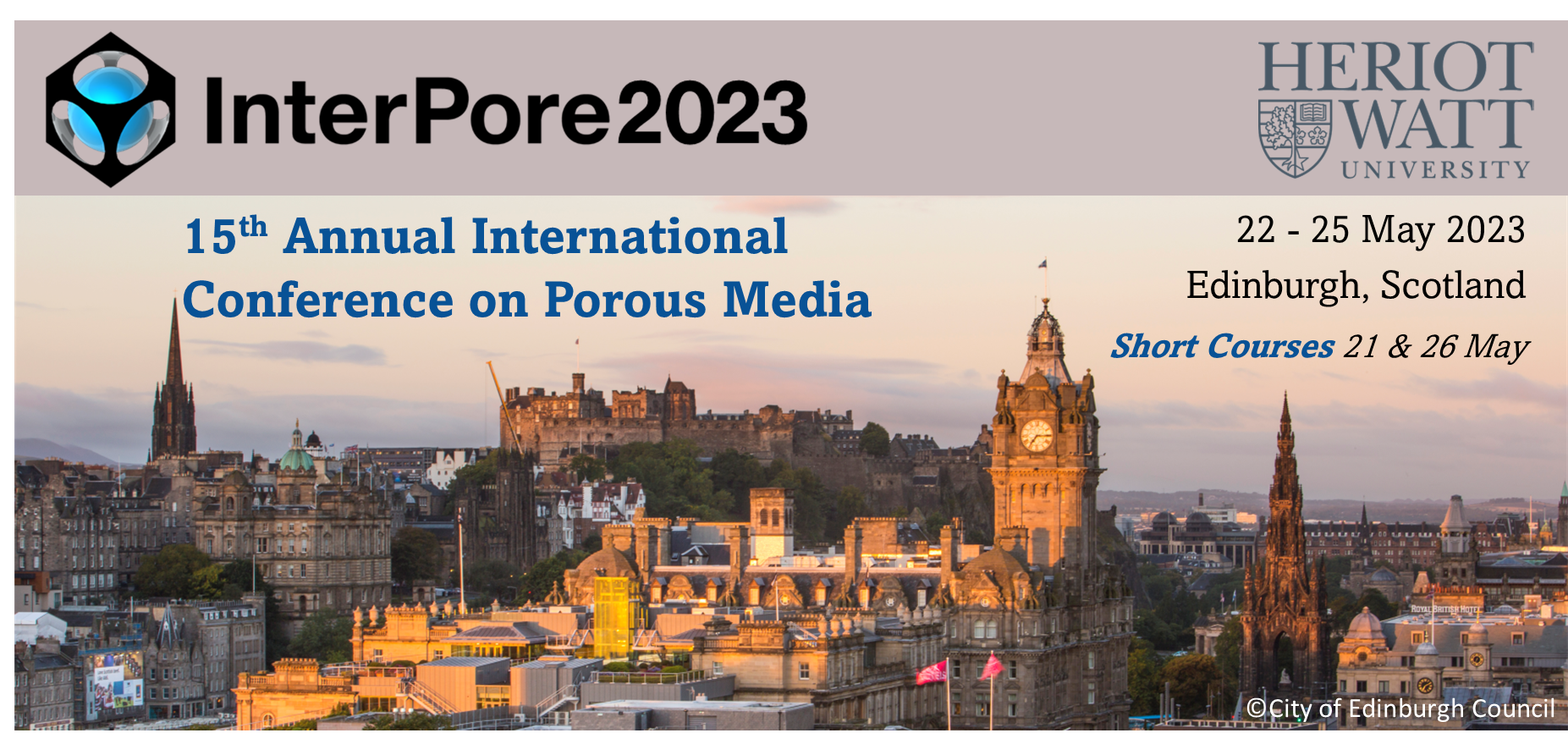Speaker
Description
A significant part of the overall energy consumption is related to the provision of heat – for heating of buildings and tap water as well as for industrial processes (e.g. around 54% for Germany in 2010-2020 [1]). Considering this as well as the fact that this thermal energy is still mainly provided using fossil fuels (above 70% for Germany in 2020 [1]), energy transition is also a transition of the heat supply.
One challenge concerning this heat transition is the storage of thermal energy. Depending on the application and energy source, targeted storage times can be over short (hours) as well as long periods (seasonal). Additionally, thermal energy can be stored and used directly, or conversion to and/or from a different energy form is involved (e.g. power-to-heat).
A highly promising way to store thermal energy is by converting it to chemical energy using reversible gas-solid reactions. The energy stored as chemical potential utilizing the endothermal decomposition of a solid to a solid and a gas can be recovered at any chosen time – minutes or years after the storage process – as long as the components are kept apart from each other and any other potential reaction partners. To recover the stored energy, gas and solid are recombined and the exothermal formation of the initial solid compound takes place, releasing the stored thermal energy. Depending on the chosen reaction system, a wide range of storage temperatures can be covered (sub-zero [2] to above 1000 °C [3]).
Due to the necessity of a high accessible surface area of the solid reaction partner, these storage materials are porous media mainly consisting of (consolidated) granular matter. According to the thermodynamic equilibrium of such reactions, solid temperature and reaction gas pressure are dependent on each other: The higher the reaction gas pressure, the higher the equilibrium temperature. It is therefore imperative for the application of the materials in thermochemical energy storage to evaluate solid properties such as thermal conductivity and permeability to the reaction gas. However, as the storage process involves the transformation of one solid to another, these properties change significantly as the solid structure is changing.
Our contribution aims to improve the understanding of the impact of the structural changes of thermochemical storage materials on the transport properties of the porous medium. Based on experimental results on reactor as well as particle scale, we discuss the evolution of the solid structure with a focus on the effects on the reaction behaviour.
References
[1] Report of AG Energiebilanzen e.V., Anwendungsbilanzen zur Energiebilanz Deutschland, May 2022
[2] Muthukumar, P. and Groll, M., Metal hydride based heating and cooling systems: A review, International Journal of Hydrogen Energy 35(8) (2010) 3817-3831.
[3] André, L. et al., Screening of thermochemical systems based on solid-gas reversible reactions for high temperature solar thermal energy storage, Renewable and Sustainable Energy Reviews 64 (2016) 703-715.
| Participation | In-Person |
|---|---|
| Country | Germany |
| Energy Transition Focused Abstracts | This abstract is related to Energy Transition |
| MDPI Energies Student Poster Award | No, do not submit my presenation for the student posters award. |
| Acceptance of the Terms & Conditions | Click here to agree |







